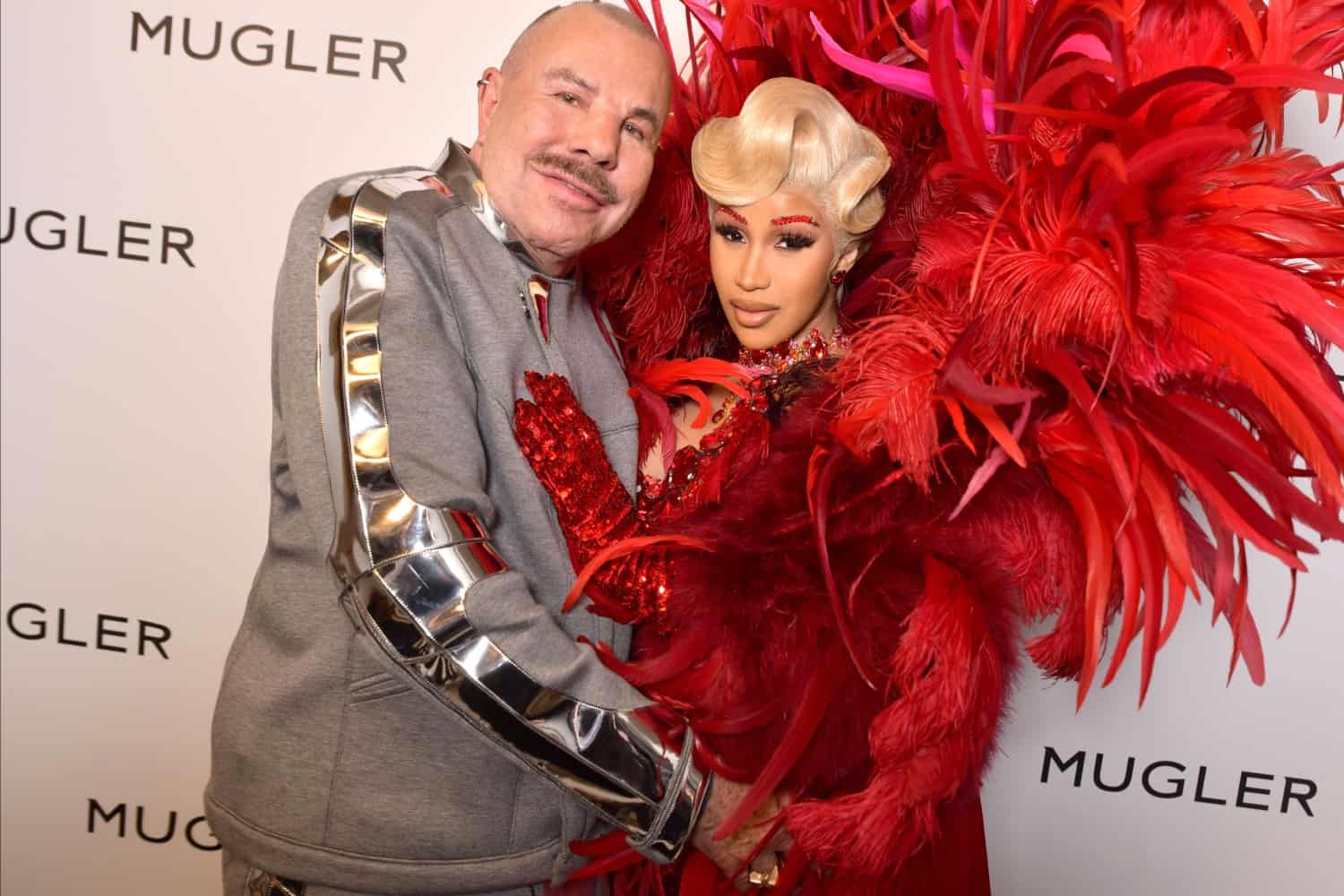The Rise of Eco-Friendly Elegance in Fashion
In an era where environmental consciousness is becoming increasingly integral, sustainable fashion choices have emerged as a beacon of responsible and elegant style. This paradigm shift in the fashion industry reflects a commitment to ethical practices, environmentally friendly materials, and a vision for a more sustainable future.
Ethical Fashion Practices: A Guiding Principle
Sustainable fashion is characterized by its dedication to ethical practices throughout the production process. From fair wages for workers to safe working conditions, ethical fashion ensures that every step aligns with values that prioritize both people and the planet. By supporting brands committed to ethical practices, consumers contribute to positive changes within the fashion ecosystem.
Eco-Friendly Materials: Fashioning a Greener Future
A crucial aspect of sustainable fashion choices lies in the materials used. From organic cotton and hemp to recycled polyester and innovative alternatives like Tencel, fashion is evolving to embrace eco-friendly options. These materials not only reduce the environmental impact of clothing production but also provide consumers with stylish, high-quality garments.
Minimalism and Timeless Pieces: A Shift in Consumer Mindset
Sustainable fashion encourages a shift away from fast fashion trends towards a more timeless and minimalist approach. Investing in classic pieces that withstand the test of time promotes a wardrobe that is both eco-friendly and stylish. Consumers are increasingly valuing quality over quantity, fostering a more sustainable and mindful approach to their fashion choices.
TheCelebrityPlasticSurgery.com: A Hub for Sustainable Fashion Choices
For those seeking a curated selection of sustainable fashion choices, look no further than TheCelebrityPlasticSurgery.com. This platform showcases a diverse range of eco-friendly and stylish options, allowing individuals to make sustainable choices without compromising on elegance.
Supporting Circular Fashion: Reducing Waste, Maximizing Impact
Circular fashion is a concept that prioritizes the entire lifecycle of clothing, from production to disposal. Embracing practices like recycling, upcycling, and clothing rental services contributes to a circular fashion economy. By extending the life of garments and minimizing waste, consumers actively participate in creating a more sustainable and circular fashion industry.
Educating Consumers: A Vital Step Forward
Promoting sustainable fashion choices involves educating consumers about the environmental and ethical impact of their decisions. Brands and influencers play a crucial role in raising awareness about sustainable alternatives, encouraging consumers to make informed choices that align with their values and contribute to a more sustainable future.
Local and Independent Brands: A Sustainable Approach
Supporting local and independent brands often leads to more sustainable fashion choices. Smaller-scale production allows for greater transparency in the supply chain and a reduced carbon footprint. By exploring local options, consumers can discover unique, sustainable pieces that align with their values while fostering a sense of community.
Second-Hand and Vintage Fashion: Timeless Sustainability
Embracing second-hand and vintage fashion is a sustainable choice that adds a touch of individuality to one’s wardrobe. Thrifting and vintage shopping not only contribute to a circular fashion economy but also offer the opportunity to discover unique, pre-loved pieces that tell a story and stand the test of time.
A Collective Effort: Shaping the Future of Fashion
Ultimately, the shift towards sustainable fashion choices is a collective effort that involves consumers, brands, and the industry as a whole. By making conscious decisions and supporting eco-friendly initiatives, individuals contribute to shaping a future where fashion is not only elegant but also sustainable, reflecting a harmonious balance with the environment and ethical values.







